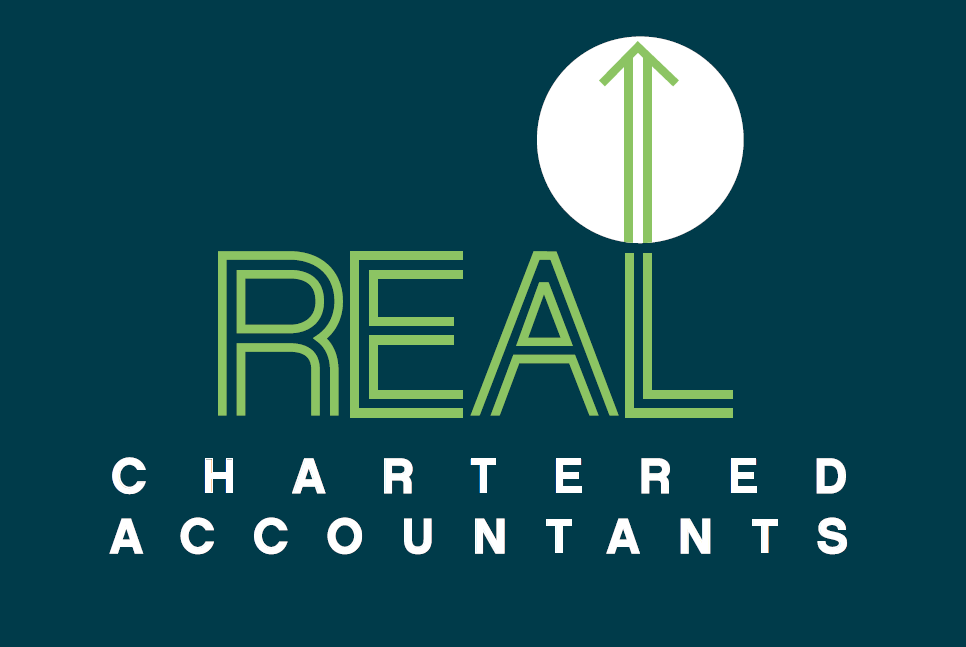NEWS
2019 Trust Act - What you need to know and do!

If you’re protecting your family property in a trust, there may be changes you need to make before the new Trusts Act comes into force in January 2021.
The changes to the Trusts Act (the first in more than 60 years!) aim to make trust law more efficient and accessible, lower admin costs, simplify core trust principles and essential obligations for trustees, and make it easier to resolve disputes.
While it might seem an eternity away, 2021 will whip around quickly, so here’s what you need to do.
- Review your trust: Meet with your accountant and lawyer to review arrangements for your trust. There might be opportunities to improve your tax structure, reduce your risk profile and better your family’s financial situation.
- Revisit your succession planning: The new legislation has extended the maximum life-span of trusts by 45 years, to 125 years. This means you’ll need to make significant succession planning adjustments.
- Be prepared for beneficiary requests: The new law means most trust beneficiaries will be able to request financial reports on the state of the family trust and find out ‘who gets what’. Be prepared for extra admin, costs and possibly damage control if you’re having to avoid family issues around distribution of funds.
- Know your responsibilities as a trustee, which include:
a. Knowing the terms of the trust
b. Acting according to the terms of the trust
c. Acting honestly and in good faith
d. Holding trust property
e. Acting for the benefit of the beneficiaries or the permitted purpose
f.Exercising trustee powers for a proper purpose
Disclaimer
This information is intended to provide general advice only. We recommend you discuss your specific situation with your Accountant.
Photo by Alexander Dummer on Unsplash









